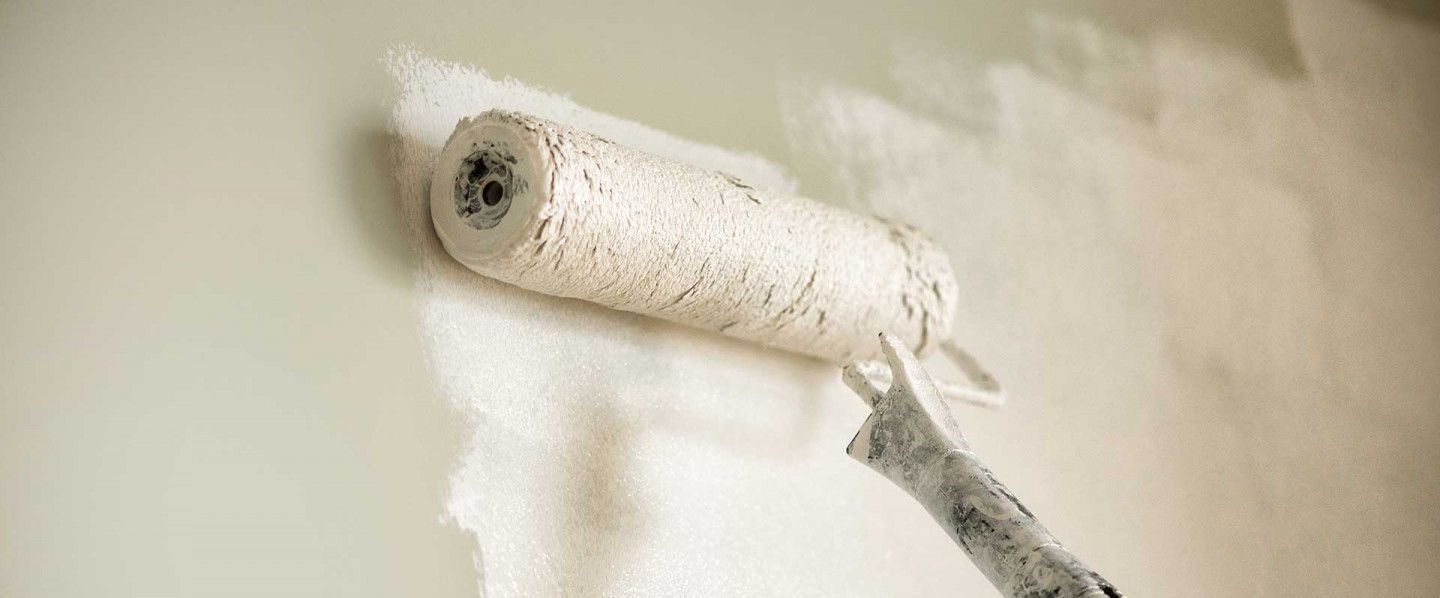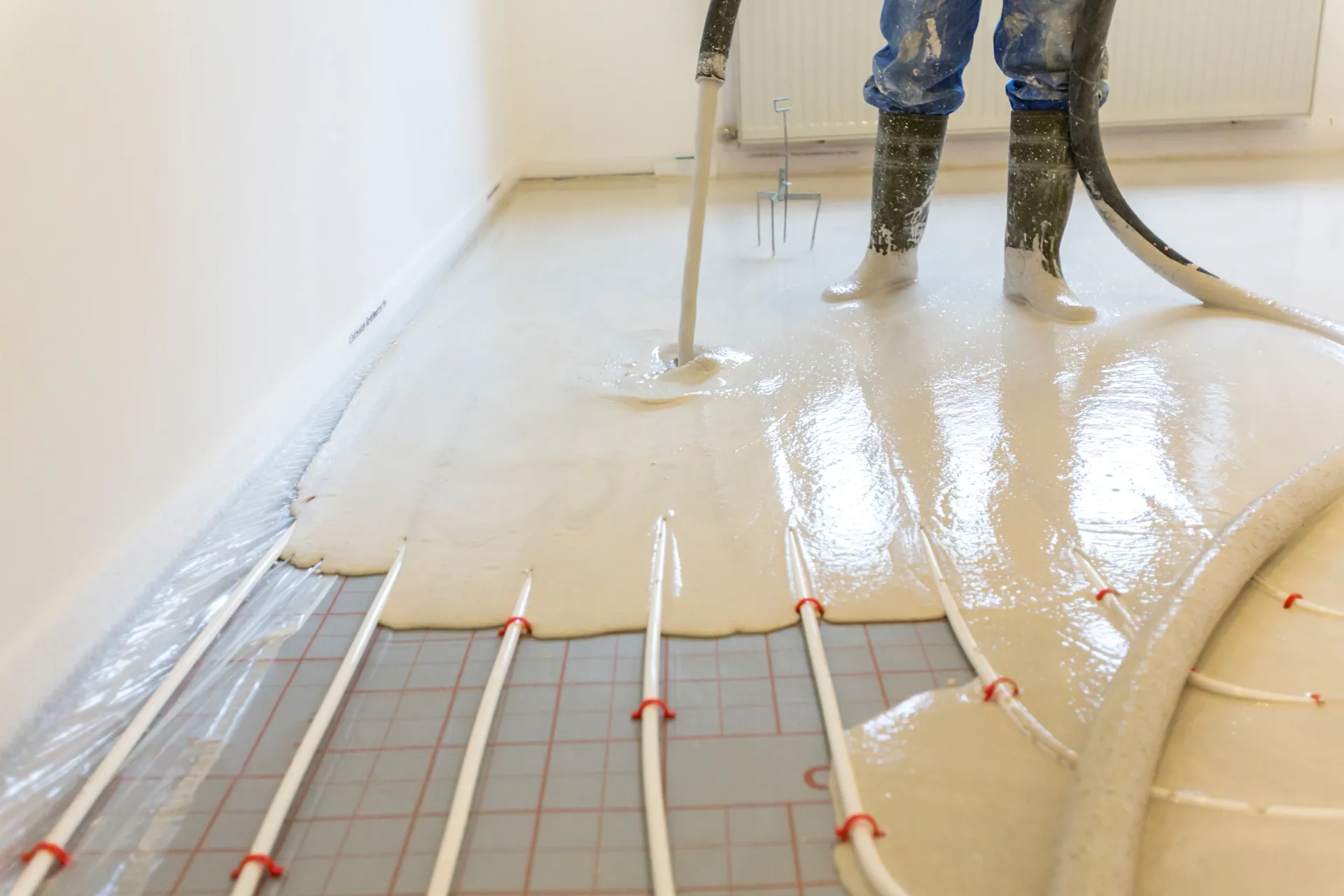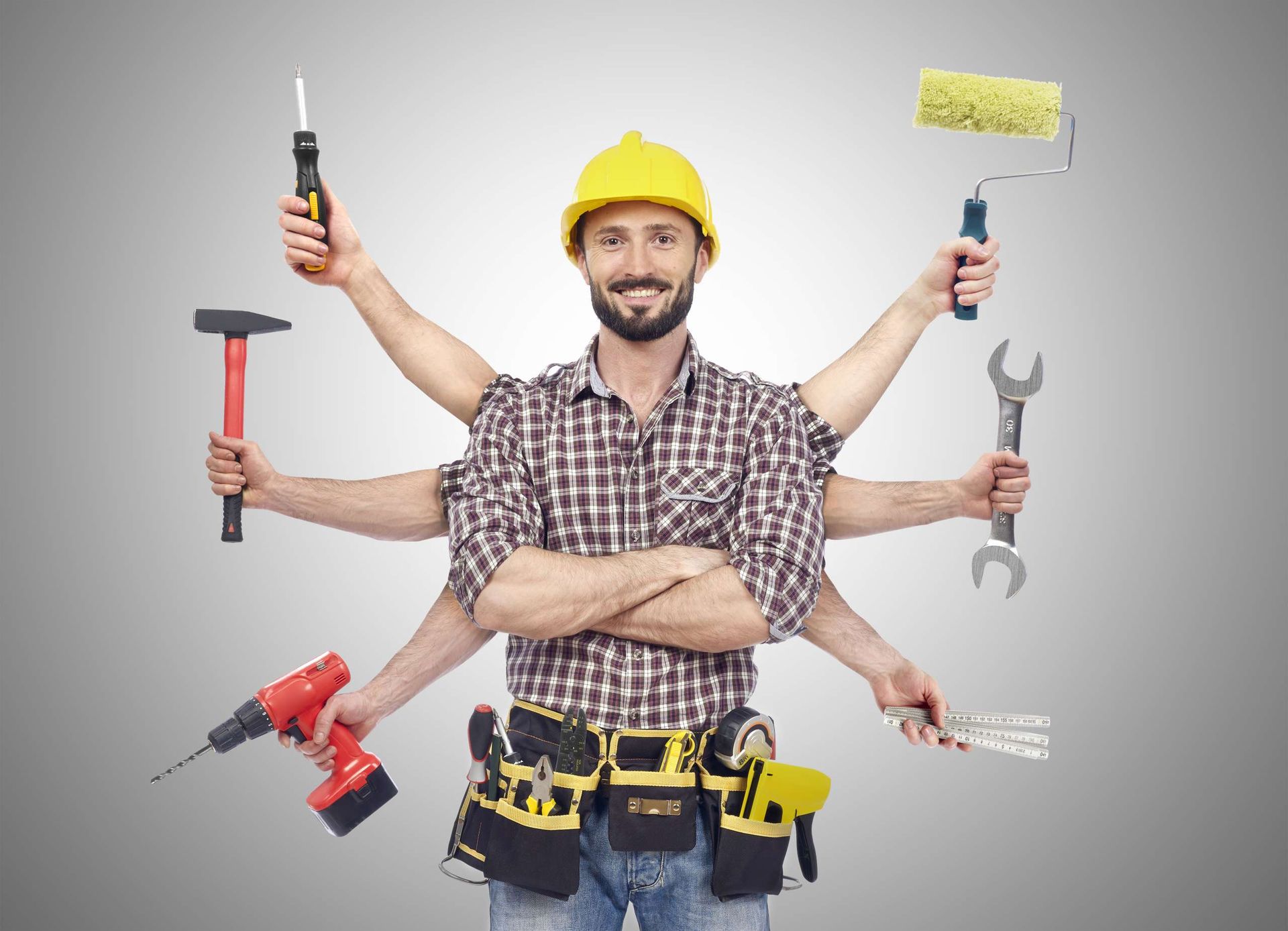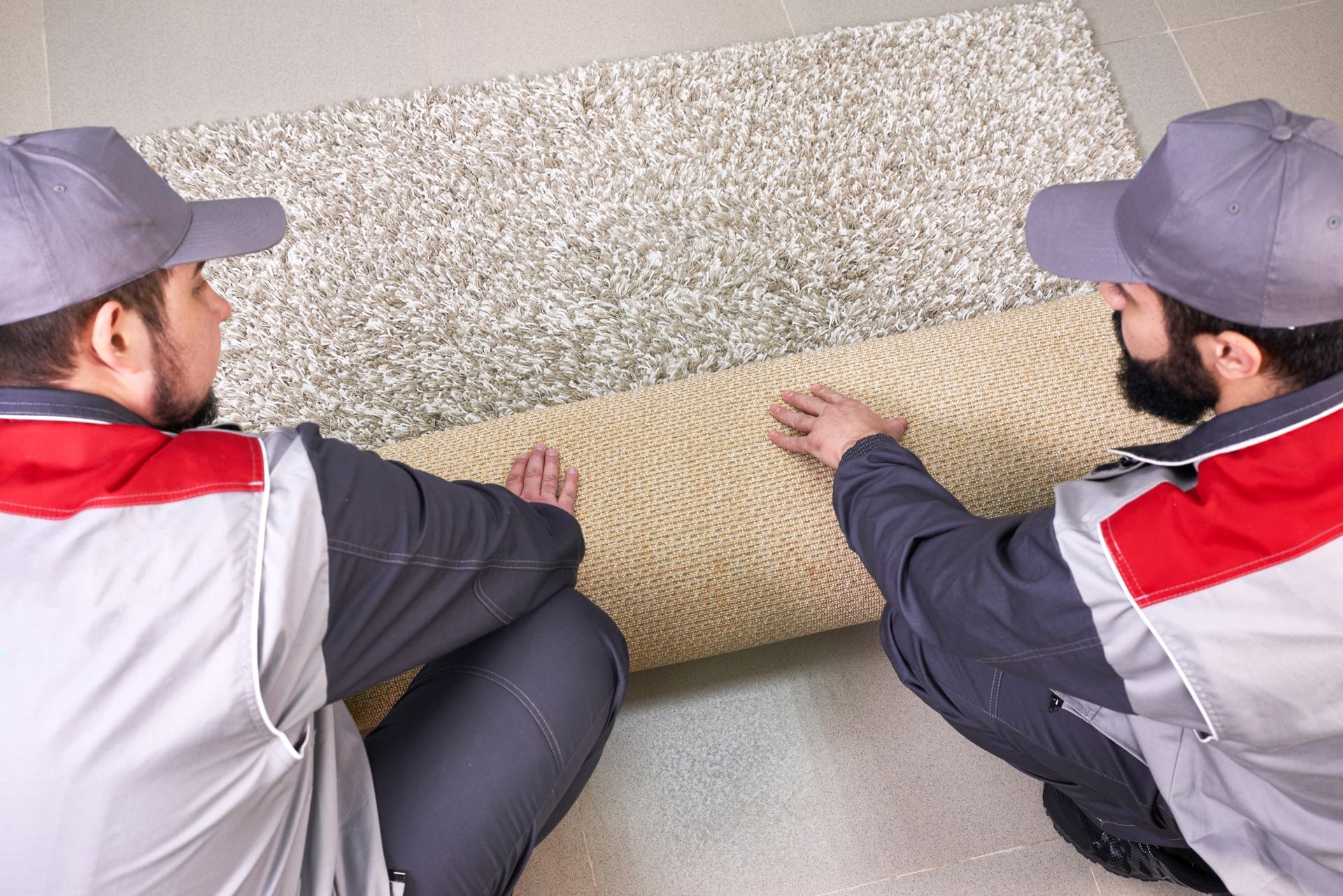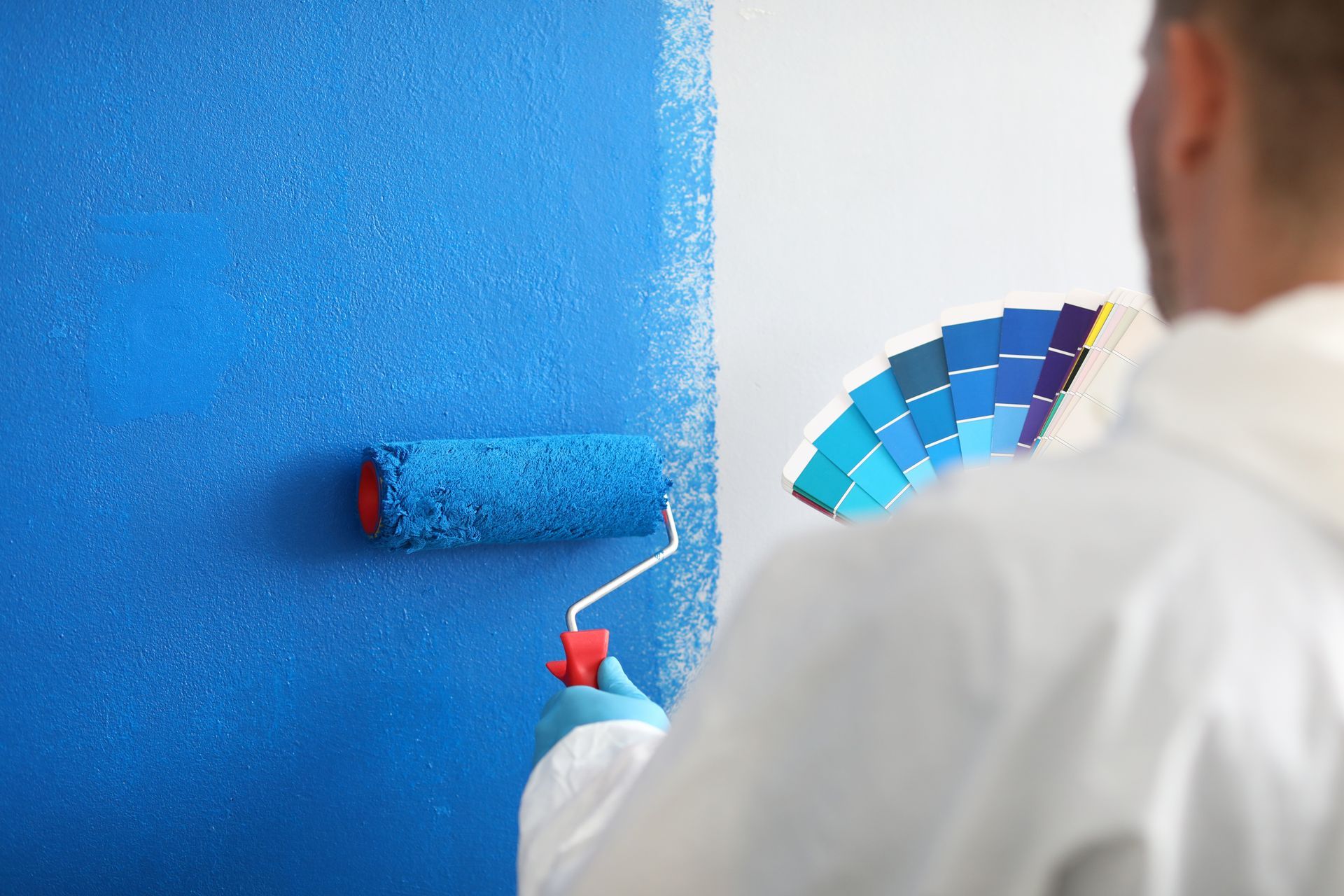What Happens If a Handyman Gets Hurt on Your Property? Understanding Legal Implications

Hiring a local handyman for home repairs or renovations is a practical choice for many homeowners. These professionals bring years of experience and expertise, ensuring quality workmanship in various aspects such as home remodeling, roofing, electrical work, and general home repairs.
However, accidents can happen in any physical job, prompting the need to understand your responsibilities and the legal implications if a handyman sustains an injury while working on your property
Liability and Responsibility
When you hire a handyman, they typically operate as independent contractors rather than employees. This classification is pivotal as contractors are primarily accountable for their own safety and well-being while working on your premises. Nonetheless, homeowners must provide a reasonably safe environment and adhere to contractual obligations
Key Points to Consider When Hiring Local Handymen for Home Services
When it comes to ensuring your home is well-maintained and upgraded, relying on local handymen and general contractors with years of experience is a smart choice. Whether you're considering home repair, home remodeling, roofing, or electrical work, these professionals bring expertise and craftsmanship to every project.
However, understanding the nuances of liability and insurance coverage is crucial, especially in the event of an unfortunate accident on your property. Here's a guide to navigating these considerations when hiring local handymen for your home services needs
1. Contractor Status
Local handymen often operate as independent businesses, bringing years of experience to tasks like home remodeling, roofing, electrical work, and general home repairs. They are responsible for their own insurance coverage, including workers' compensation if they have employees. Sole proprietors without employees may rely on personal health insurance coverage.
2. Homeowner's Insurance Coverage
Review your homeowner's insurance policy to understand the extent of coverage for injuries sustained by contractors on your property. This coverage can vary, so it's essential to clarify what is included and any limitations that may apply.
3. Liability Waivers and Contracts
Before work begins, reputable handyman services typically provide liability waivers or contracts. These documents outline responsibilities and potential risks, often stating that homeowners are not liable for injuries occurring during work, provided there is no negligence or breach of safety agreements.
4. Safe Environment and Emergency Response
Ensure your property is hazard-free for the handyman and other contractors. This includes clearing pathways, securing pets, and addressing any safety concerns before work commences.
In case of an injury, promptly assess the situation and provide necessary first aid. For severe injuries, call emergency services immediately and notify the handyman's employer or contracting company
Legal Considerations
In the event of an injury, it's crucial to understand the legal implications involved when employing local handymen for home maintenance, carpentry, plumbing, and electrical work:
Workers' Compensation Coverage
If the handyman is covered by workers' compensation insurance, they are entitled to file claims for medical expenses and lost wages resulting from the injury. This coverage not only provides financial support to the worker but also shields the homeowner from direct liability in cases of workplace injuries involving carpentry, plumbers, home maintenance, or electricians.
Potential Negligence Claims
Homeowners have a responsibility to maintain a safe environment to prevent accidents during carpentry, plumbing, electrical work, or other home maintenance tasks. Negligence, such as failure to address hazards or provide necessary safety equipment, could lead to legal repercussions if an injury occurs.
In such instances, the handyman may pursue a personal injury claim against the homeowner for negligence, underscoring the importance of adhering to safety standards and contractual obligations.
Understanding these legal considerations is essential for both homeowners and local handymen. By prioritizing safety, clear communication, and compliance with legal requirements, homeowners can ensure a smooth and secure experience for all parties involved in home improvement projects.
Ensuring Protection When Hiring Contractors: Key Steps for Homeowners
When entrusting your home to contractors for tasks such as carpentry, plumbing, home maintenance, and electrical work, it's crucial to safeguard both your property and your interests.
Here are essential steps to ensure you're protected throughout the process.
- Thorough Contract Review: Prior to commencement of any work, meticulously examine all contracts or agreements provided by the handyman or contracting company. Pay close attention to details such as insurance coverage, liability provisions, and specified safety protocols. This thorough review helps prevent misunderstandings and ensures clarity on both sides regarding responsibilities and expectations.
- Clear Communication: Establish open and transparent communication with the handyman before work begins. Discuss safety expectations, potential hazards specific to the project (such as electrical work or carpentry), and any unique circumstances that may impact the job. Effective communication fosters mutual understanding and promotes a collaborative, safer work environment throughout the duration of the project.
- Consult with Insurance Providers: To safeguard against unforeseen liabilities, consult with your homeowner's insurance provider. Seek clarification on the extent of coverage provided for contractor injuries and any limitations that may apply. Understanding your insurance policy's terms and conditions ensures you are adequately protected in the event of an accident or injury on your property.
- Document Everything: Keep thorough records of all communications, agreements, and changes to the project scope. Written documentation, including emails, contracts, and notes from discussions with the handyman, serves as valuable evidence should any disputes or issues arise during or after the completion of the project.
- Regular Check-ins: Throughout the project, maintain regular check-ins with the handyman to monitor progress and address any emerging concerns promptly. Encouraging an ongoing dialogue allows for adjustments to be made as needed, ensuring the project stays on track and aligns with your expectations
Conclusion
While the possibility of a handyman sustaining injuries on your property is concerning, informed actions and proactive measures can effectively mitigate risks. By hiring reputable professionals and maintaining a safe environment, homeowners can protect themselves and their contractors.
Prioritizing clear communication, comprehensive contract reviews, and consultation with insurance providers helps mitigate risks and fosters a positive working relationship with your chosen contractor.
Remember, being well-informed empowers homeowners to navigate potential challenges and achieve positive outcomes for all parties involved.
Transform Your Home with Confidence: Contact Us Today for Your Handyman Services Needs
Ready to enhance your home with expert handyman services like flooring, painting, doors and windows carpentry, and home maintenance? Contact Miller Consulting - Home Improvement, LLC today!
Contact Miller Consulting today to get a quote! Suppose you’re looking for efficient handyman services in
Millsboro, DE or nearby areas like Bethany, Dagsboro, Milford, and Rehoboth, Delaware. In that case, our skilled team is dedicated to delivering quality workmanship and exceptional service tailored to your home improvement needs.
Our dedicated team is here to provide reliable solutions tailored to your home improvement needs. Don't hesitate—reach out now at (302) 934-1741 and let's transform your space with professionalism and efficiency.
Frequently Asked Questions (FAQs)
What should I do immediately if a handyman gets injured while working on my property?
First and foremost, ensure the injured handyman receives immediate medical attention. Contact emergency services if necessary. Notify the handyman's employer or contracting company promptly about the incident. Document the details of the injury and the circumstances surrounding it. This applies whether the handyman was performing drywall repair, landscaping, gutter cleaning, restorations, lawn services, or a bathroom remodel.
Am I liable for a handyman's injuries if they were working on my property?
Liability depends on several factors, including the handyman's employment status (employee vs. independent contractor) and the circumstances of the injury. If the handyman is covered by workers' compensation insurance, their claim typically covers medical expenses and lost wages, reducing your liability. Reviewing your homeowner's insurance policy for coverage specifics is advisable, especially for tasks like drywall repair, landscaping, gutter cleaning, restorations, lawn services, or a bathroom remodel.
What legal protections should I have in place before hiring a handyman?
Before any work begins, ensure you have a well-drafted contract that includes insurance coverage details, liability waivers, and specific safety protocols. Confirm that the handyman or their company carries adequate insurance, including workers' compensation if applicable. These precautions are crucial whether the job involves drywall repair, landscaping, gutter cleaning, restorations, lawn services, or a bathroom remodel.
Could I be sued if a handyman claims negligence in their injury?
If a handyman alleges negligence on your part (e.g., failure to maintain a safe work environment or provide necessary safety equipment), they may pursue a personal injury claim. Ensuring a safe environment, adhering to contractual obligations, and documenting all safety measures can help defend against such claims, whether the project involves drywall repair, landscaping, gutter cleaning, restorations, lawn services, or a bathroom remodel.
How can I protect myself legally when hiring a handyman for home improvement projects?
Protect yourself by thoroughly reviewing contracts and agreements, discussing safety expectations with the handyman, and consulting with your homeowner's insurance provider regarding liability coverage specifics. Keeping clear records of communications and adhering to safety guidelines are essential steps to minimize legal risks associated with tasks like drywall repair, landscaping, gutter cleaning, restorations, lawn services, or bathroom remodel


